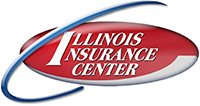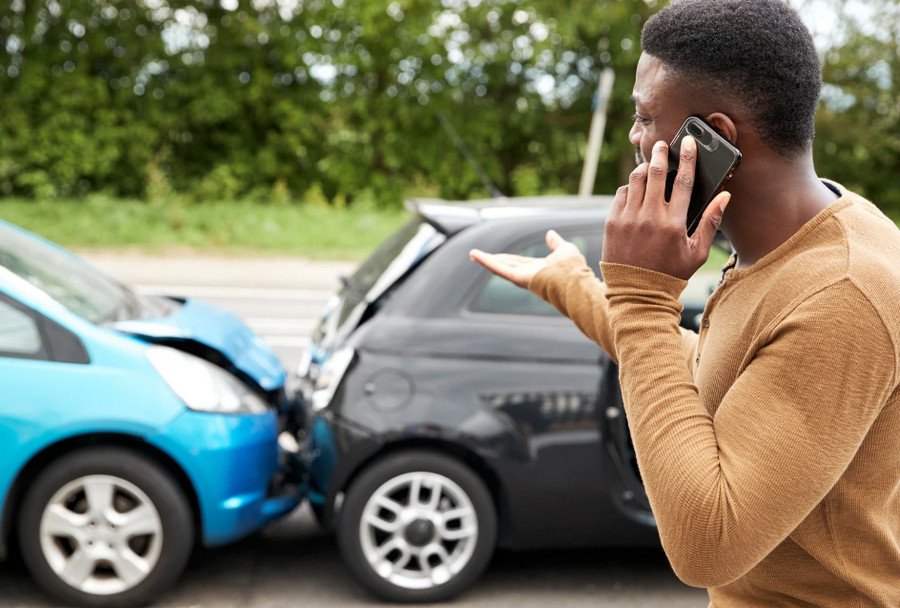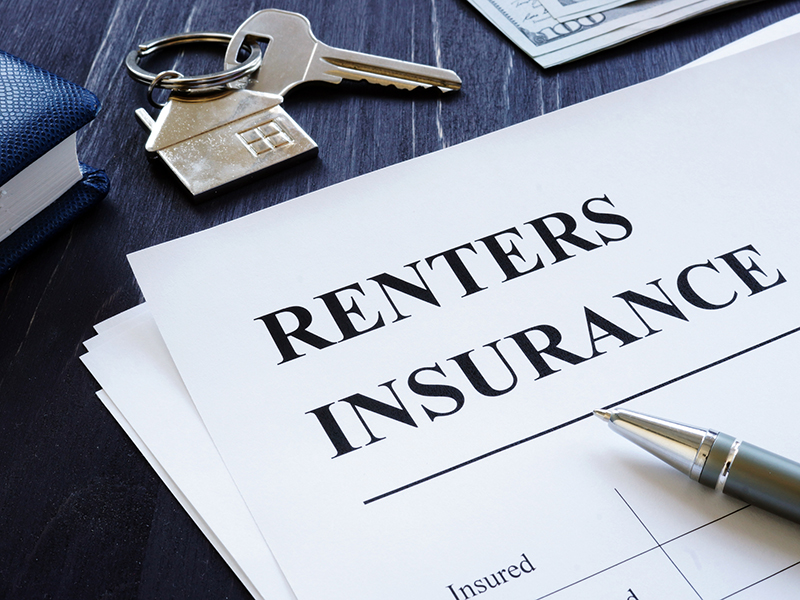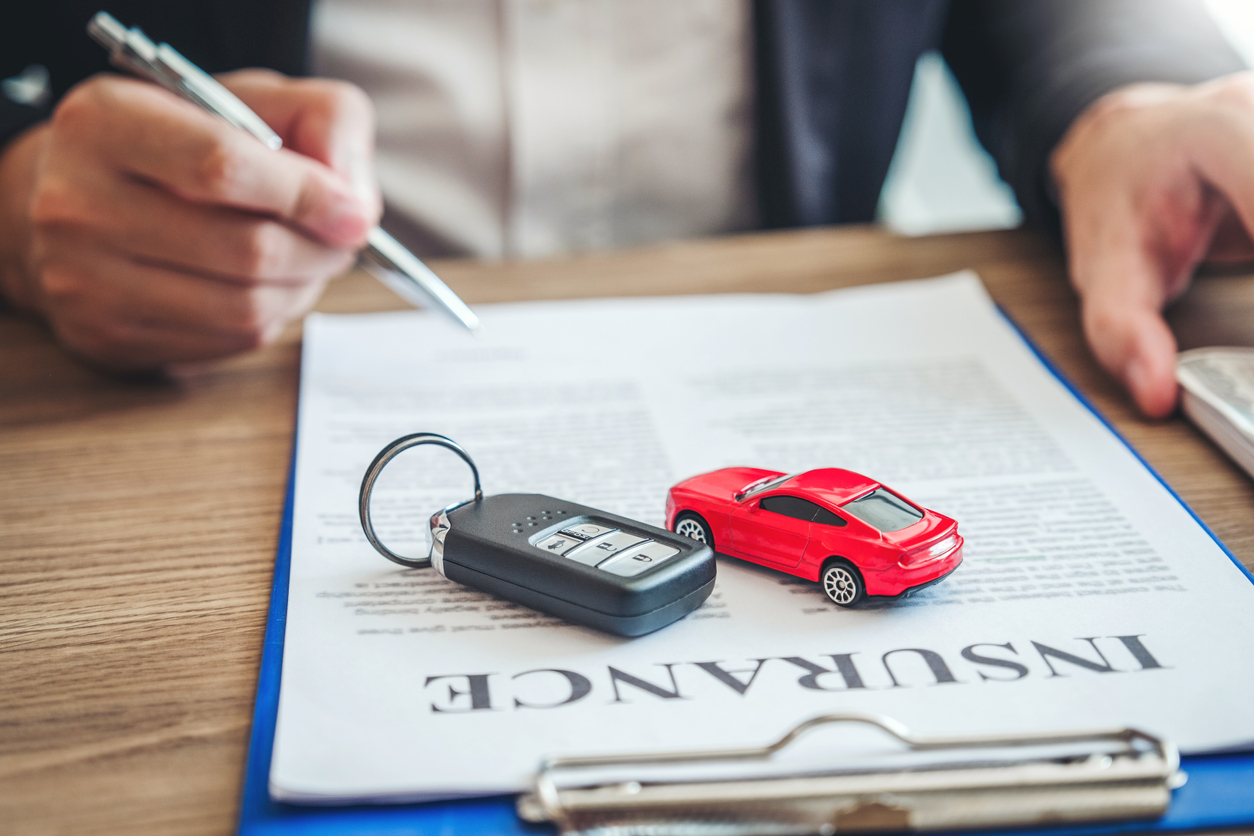Let’s be real—getting in a car accident is stressful. Whether it’s a minor bump or a major collision, the moments after can feel like a blur. As your agent here at Illinois Insurance Center, I’m here to help you go from crash to cruise through insurance claims. That means understanding the process, staying calm, and knowing what to do next.
We’ve helped drivers across Illinois—from Chicago to Aurora and Naperville—handle insurance claims the right way. If you’ve got coverage with us, you’re not alone. We’re right here with you, every step of the way.
What Does It Mean to Cruise Through an Insurance Claim After a Crash?
The phrase “crash to cruise through insurance claims” might sound catchy, but it’s really about knowing what to expect and taking the right steps quickly. When you understand the process, it can keep you from making mistakes that might delay your payout or cause frustration down the line.
At Illinois Insurance Center, we keep things simple. You focus on your safety—we’ll help with the insurance part. That’s our job.
Crash to Cruise Through Insurance Claims: What to Do Immediately After an Accident
Accidents happen in seconds, but how you respond matters for your claim.
1. Make Sure Everyone’s Safe
First things first—check yourself, your passengers, and the other driver. If anyone’s hurt, call 911 right away. Your safety comes before everything else.
2. Move Out of Traffic
If the vehicles are drivable, move them to the side of the road. This helps avoid more accidents and keeps you safe while waiting for help.
3. Call the Police
Even for minor fender benders, call the police. An official report adds credibility to your insurance claim. The officer will document the crash, take statements, and write down facts that might help later.
Crash to Cruise Through Insurance Claims: Collecting the Right Info
Once you’re in a safe spot, it’s time to gather details. Trust me—what you do here can speed up your claim big time.
Take Pictures and Notes
Use your phone to snap photos of:
- Vehicle damage (all sides)
- License plates
- Road conditions
- Any visible injuries
- Traffic signs and signals
These pictures are your proof. They speak louder than memory or words alone.
Exchange Information
Make sure you get the other driver’s:
- Full name
- Contact number
- Insurance company and policy number
- Driver’s license and plate number
- Vehicle make and model
This info keeps your claim moving. If you miss a detail, it might delay your case.
Talk to Witnesses
If someone saw the crash, ask for their name and number. Their version of events might support your side.
Why Fast Claims Matter
The faster you report a claim, the better. Insurance companies rely on fresh details and honest documentation. At Illinois Insurance Center, we make filing a claim easy and stress-free.
Whether you have Commercial Auto Insurance or personal coverage, we’ll help you file fast and right.
Crash to Cruise Through Insurance Claims: What Happens Next?
Let’s walk through what to expect after you’ve reported your claim.
1. Your Claim Is Assigned
We’ll match you with a claims adjuster. This person reviews your photos, police report, and other details. They may contact you with follow-up questions.
2. Your Vehicle Gets Inspected
An inspection might be needed to assess the damage. You’ll either bring the car to a repair shop or have a mobile adjuster come to you.
3. Your Claim Is Approved (or Not)
If everything checks out, you’ll get a payout or repair authorization. If there’s missing info or something doesn’t add up, it could delay or lower your claim. That’s why documentation is so important.
Protect Yourself Before a Crash Ever Happens
Insurance isn’t just about what happens after an accident. It’s about being ready in case it does. That’s why our team helps drivers in Joliet and Rockford stay protected all year long.
Here’s how you can prepare:
-
Choose the Right Coverage
Don’t guess. We’ll walk you through your options so you’re not caught off guard. -
Keep Proof of Insurance Handy
Whether it’s a paper card or a digital copy, make sure you have it when you drive. -
Understand Your Deductible
Know how much you’d pay out-of-pocket before coverage kicks in. It’s good to plan ahead.
Why Illinois Insurance Center?
You might wonder why so many drivers count on us. Here’s why:
-
We’re Local
We’ve served Chicagoland and nearby cities for decades. We know the roads, the rules, and the risks. -
We Handle All Kinds of Insurance
Need Homeowners Insurance? Or maybe Business Insurance? We’ve got you. Even if you’re a contractor, our Contractor Insurance can help you meet client demands and job requirements. -
We Make Claims Easier
The last thing you need after an accident is confusion. We walk you through each step in plain English. -
We’re Always a Call Away
Call us anytime at 708-524-4900 or use our contact page.
FAQs: Crash to Cruise Through Insurance Claims
1. What should I do immediately after an accident?
Move to safety, check for injuries, call the police, and gather details.
2. Do I need to call the police for a minor accident?
Yes. A police report can help your claim go smoother.
3. Will taking photos help my insurance claim?
Absolutely. Visual proof supports your story and speeds up the process.
4. How soon should I report a claim?
Right away. The sooner, the better.
5. What happens if I don’t exchange info with the other driver?
It can delay or even block your claim. Always collect their details.
6. Can Illinois Insurance Center help me with business-related claims?
Yes! We offer Business Insurance and help with all kinds of claims, including for work vehicles.
7. Do you offer life insurance too?
We sure do. Check out our Life Insurance plans.
8. What if I need help outside normal business hours?
Use our contact form anytime, or leave a message at 708-524-4900.
9. How can I get a quote?
Easy—give us a call or click on any insurance product on our website.
10. Do you cover all of Illinois?
We serve many cities like Aurora, Chicago, and more. Just ask if we’re near you!
Final Thoughts: Getting from Crash to Cruise Isn’t Hard with the Right Help
Accidents happen fast, but recovery doesn’t have to drag on. When you’re covered by Illinois Insurance Center, you’ve got more than a policy—you’ve got a team who’ll walk with you through every step.
If you ever feel unsure about your coverage, want help after a crash, or need to update your policy, give us a call at 708-524-4900 or send us a message through our Contact Page.
Let us help you go from crash to cruise through insurance claims—with less stress and more support.





